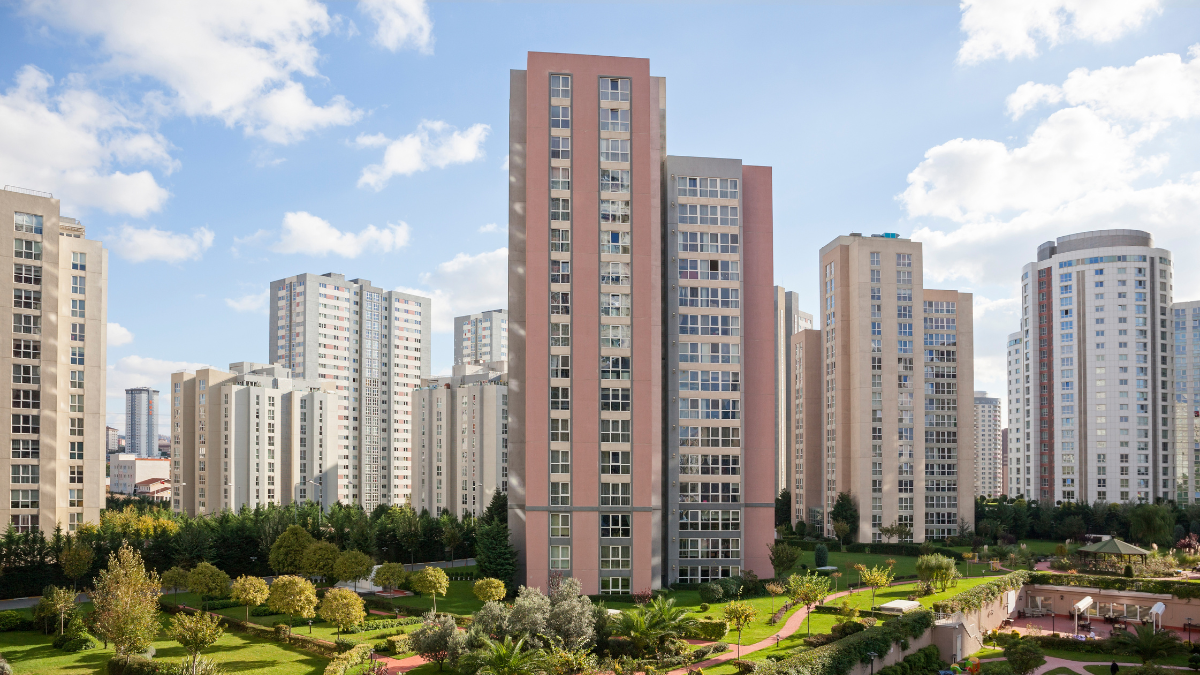
The introduction of GST and the impact of GST on real estate
September 13, 2019 . Real-Estate Industry . 10 min readThe Goods and service tax (GST) which came into effect on 1st July 2017, is a consolidated tax structure to replace the indirect taxes spilled all over. It is an indirect tax levied on the supply of goods and services and was introduced at a rate of 12% for Real Estate. It was later reduced to 5% in 2019.
What did the GST state?
The tax regime before the introduction of GST stated that buyers had to pay VAT, Service tax, Registration charges & Stamp duty mostly on the purchase of properties that are currently under construction. VAT, Registration charges & Stamp duty all came under taxes that were state levied and eventually, prices of real estate that differed from state to state. It wasn’t only the buyer that these taxes impacted in the process. Developers also had to compensate for duties like sales tax (CST), customs duty, OCTROI, etc. Credit was however not available in these circumstances.
With the introduction of GST, a tax rate of 12% was then applicable on properties that were under construction and also on properties that were completed or ready to sell properties that were applicable under previous law. So the buyer definitely benefited from the introduction of GST on real estate.
What was the previous tax regime like?
Tax under the previous regime stated that developers would bear excise duty, VAT, Customs duty as well as entry taxes and others on raw materials and inputs including service taxes on different input services like approval charges, architect professional fees, labor charges, legal charges, etc. ITC was however available for different duties. These included taxes like CST, Customs duty, Entry Tax, etc. These were however added to the price and indirectly affecting pricing.
- Availability of input tax credit along with GST on real estate reduced developers’ construction costs significantly. Multiple taxes were included in input tax credit. The added benefit to this was a reduction in the cost of logistics
- Developers, however, were forced to inculcate a number of calculations to help with ITC. They then passed it onto the home buyers. However, ITC can only be transferred to the buyers during the end of their payment transaction
- ITC had a major lack of transparency which would affect the developers since buyers had the choice to ‘wait and watch’ especially with new projects
- Allied services such as labor, material suppliers, service suppliers, etc. ended up being calculated on whether there was an increase or decrease in tax that was eventually levied on construction goods and services. The whole GST on real estate tale definitely had an impact on the real estate industry in India
Change in taxation rates increased the impact of GST on real estate
With the difference between demand and supply rising daily, the GST Council, a few months ago, further reduced tax rates especially for those properties that were under construction to five percent & further reduced GST on affordable housing to 1%.
When GST was first implemented in the real estate industry a few years ago in 2017, RERA (Real Estate Regulation Act, 2016) and Demonetization were changing the face of the real estate industry. The industry was sinking slowly. The dawn of 2018 witnessed an increase in demand and supply for real estate. This was the outcome of the availability and growth of affordable and mid-income housing. Housing prices, at the same time, seemed to be either stagnant or it witnessed a slight rise in price pan India. Larger urban cities like Delhi NCR even saw a decline in the price structure by 2% according to various reports. Most of the price declines were due to an oversupply rather than the impact of GST on home loans. ITC benefits were not passed onto buyers and even where they were, it amounted to a small change in price.
The resale market also took a hit during this time. We cannot accurately gather the impact of GST on real estate as of yet. With time it may emerge to be a lot clearer.
As per leading industry analysts and players, 2019 looks to be a far better year for the ever-changing Indian real estate industry. With an expected rise in demand for commercial and residential real estate, home sales are said to go up by 16% i.e 245,500 units in 2019 than the 2018 levels. With commercial real estate on the rise, demand for office space will also rise by 19%. With very few new projects emerging at this time period, it will not exceed 32 million sq. ft. especially in India’s top 7 cities.
How can GST on real estate eventually impact property prices?
The rate reduction in GST on real estate which was proposed by the GST council in February and implemented from 1st April 2019 is expected to provide a number of benefits. Here are a few you need to know.
- A simple tax structure leading to higher compliance especially from developers.
- For the buyer a fair price of the property mainly due to the rate of GST on real estate falling to 1% on affordable residential properties.
- The issue of ITC benefits not being given to property buyers is eliminated. This protects the rights of the buyer.
- A better price structure of residential properties. With the problem of unused ITC being eliminated from project cost.
With GST benefits on the rise, you should look into acquiring your down payment for your first house.



